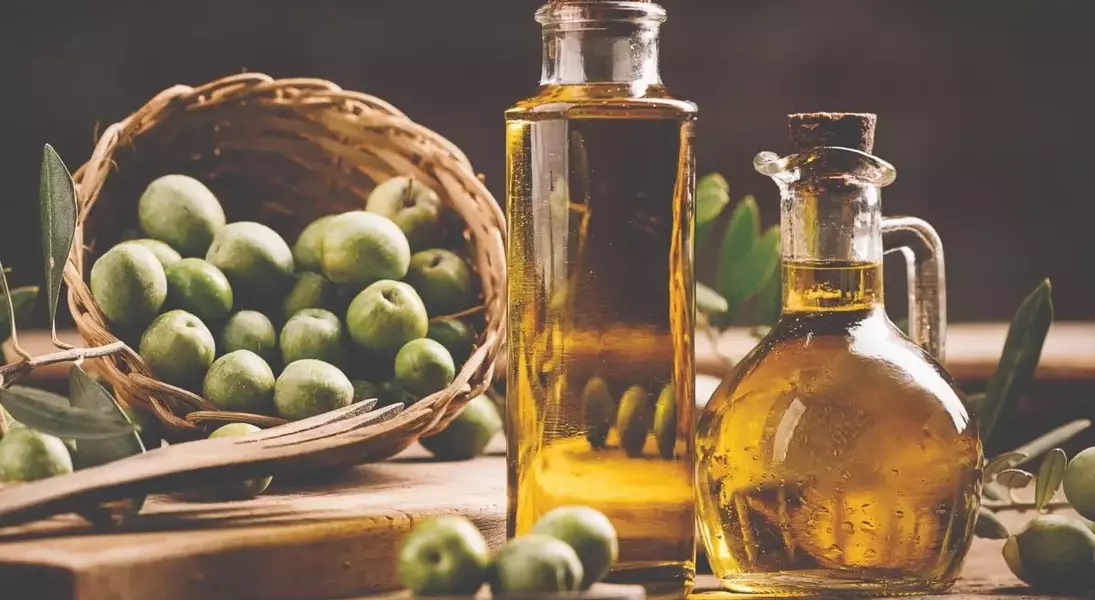
The International Olive Council (IOC) plays a pivotal role in shaping the future of the olive oil and table olives sector. Established under the United Nations' auspices in 1959, this intergovernmental organization connects experts to address global challenges. With a focus on sustainability, health benefits, and standardization, the IOC aims to enhance trade, protect quality, and promote environmental responsibility. In Australia, the IOC's initiatives are fostering dialogue and collaboration, aiming to boost the country's emerging olive industry.
Enhancing Sustainability and Environmental Responsibility
The IOC is committed to promoting sustainable agricultural practices within the olive sector. By adopting innovative tools and methodologies, the organization addresses climate challenges and improves cultivation techniques. Sustainable farming methods, efficient water use, and reduced carbon footprints are key areas of focus. These efforts aim to create a balanced carbon cycle and safeguard the planet for future generations.
The IOC's Environment Unit is developing a methodology for calculating CO2 emissions and removals in olive groves. This includes designing software tools to assess carbon balance and set actionable targets for improvement. Defining metrics linked to agronomic techniques facilitates the generation of carbon credits. Through these initiatives, the IOC promotes environmental accountability and encourages sustainable management in the olive sector. Moreover, the IOC emphasizes the lower environmental impact of olive oil production compared to other vegetable oils, particularly in terms of water usage, energy consumption, and overall carbon balance. Olive trees, known for their resilience in dry climates, contribute significantly to carbon capture, further enhancing the sector's sustainability.
Promoting Health Benefits and Market Growth
The IOC actively promotes the health benefits of olive oil and positions it as a cornerstone of the Mediterranean diet. Recognized by UNESCO as an Intangible Cultural Heritage of Humanity, the Mediterranean diet is celebrated for its health, economic, and social benefits. The IOC works to increase market demand by facilitating trade, fostering new markets, and raising awareness about the health, nutritional, and environmental advantages of olive products. Educational campaigns and partnerships with member countries support these goals.
In Australia, the IOC's Dialogues of the Future campaign seeks to connect non-member countries with the global olive community. During visits to Canberra, IOC executives engaged with key stakeholders, highlighting the challenges and opportunities in the olive sector. They emphasized the importance of a collective approach to overcoming issues such as climate change and health perceptions. The IOC also toured Cobram Estate, a leading Australian producer, to strengthen ties between local and international producers. By offering training and networking opportunities, the IOC aims to help Australian producers improve their practices and products. The council's efforts focus on disseminating best practices and increasing consumer awareness about the health and sustainable benefits of olive oil. Ultimately, the IOC strives to ensure that consumers have authentic and positive experiences when purchasing olive oil, reinforcing its reputation in the global market.
